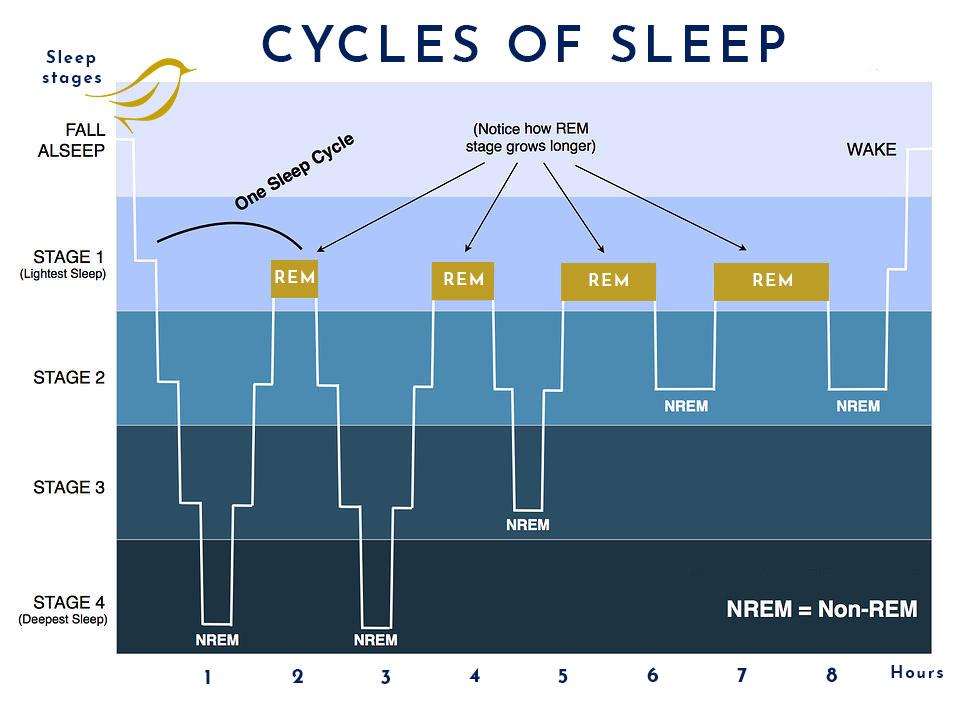In a world that never sleeps, the importance of restful nights often seems sidelined in our pursuit of productivity and daily responsibilities. Yet, the foundational role of quality sleep in our physical and mental well-being cannot be overstated. Sleep is not merely a passive state; it is a vital process essential for repairing the body, consolidating memories, and rejuvenating the mind. Unfortunately, modern life brings with it a barrage of distractions and stressors that can significantly disrupt our sleep patterns, leading to a cycle of fatigue, irritability, and diminished performance. In this article, we will explore essential tips for unlocking the secrets to better sleep, equipping you with practical strategies to create a serene sleep environment, establish healthy bedtime rituals, and ultimately reclaim the restorative nights that are so crucial to your overall health. Whether you are struggling with insomnia, frequent awakenings, or simply wish to enhance the quality of your rest, our guide promises to illuminate the path to more peaceful slumbers.
Table of Contents
- Understanding Sleep Cycles and Their Impact on Rest Quality
- Creating an Ideal Sleep Environment for Optimal Comfort
- Developing a Bedtime Routine That Promotes Relaxation
- The Role of Nutrition and Exercise in Achieving Restful Sleep
- To Conclude
Understanding Sleep Cycles and Their Impact on Rest Quality

Sleep is not just a passive state of rest; it is a complex and dynamic process that unfolds in distinct phases, known as sleep cycles. Each cycle lasts around 90 minutes and typically includes four stages: light sleep, deep sleep, and REM (rapid eye movement) sleep. During the light sleep phase, your body starts to relax and your brain activity slows down, acting as a transition to deeper sleep. The deep sleep phase is crucial for physical restoration, muscle repair, and growth, while REM sleep plays a vital role in memory consolidation and emotional regulation. A proper balance among these stages ensures that you wake up feeling refreshed and rejuvenated.
Understanding these cycles can help you identify factors that disrupt your sleep quality. For instance, irregular sleep patterns, high-stress levels, and certain lifestyle choices can lead to fragmented sleep, preventing you from experiencing the full restorative benefits of each phase. By aiming for a consistent sleep schedule and creating a restful environment, you can enhance your sleep quality. Consider the following tips to align your habits with your natural sleep cycles:
- Maintain a steady sleep schedule: Go to bed and wake up at the same time every day.
- Create a relaxing bedtime routine: Engage in calming activities before sleep, such as reading or meditation.
- Limit screen time: Reduce exposure to blue light, which can interfere with your body’s natural sleep signals.
- Watch your diet: Avoid large meals, caffeine, and alcohol close to bedtime.
Creating an Ideal Sleep Environment for Optimal Comfort

To enhance your sleep quality, it’s vital to cultivate an environment that promotes relaxation and tranquility. Start by focusing on light control; consider using blackout curtains to block out external light sources and create a dim ambiance conducive to sleep. Additionally, maintaining a cool temperature in your bedroom can significantly impact comfort levels. Experts generally recommend keeping your space between 60°F and 67°F (15°C – 19°C), as cooler temperatures signal your body to wind down.
Noise is another critical factor that influences your sleep environment. To combat disruptive sounds, invest in quality soundproofing materials or use devices like white noise machines or fans. Incorporating soothing elements such as soft textures and calming colors can further enhance the atmosphere. Here’s a quick table summarizing ideal room conditions:
| Condition | Ideal Setting |
|---|---|
| Light | Dark (Blackout curtains) |
| Temperature | 60°F – 67°F (15°C – 19°C) |
| Noise | Quiet (White noise or soundproofing) |
| Textures & Colors | Soft and calming |
Developing a Bedtime Routine That Promotes Relaxation
Creating a consistent bedtime routine is crucial for signaling your body that it’s time to wind down and prepare for sleep. Start by establishing a specific bedtime and wake-up time, even on weekends, to regulate your internal clock. Incorporate relaxing activities that promote calmness and help transition your mind from the hustle of the day into the tranquility of night. Here are some activities you might consider:
- Reading a book: Choose something light and enjoyable, avoiding screens that emit blue light.
- Gentle stretching or yoga: Engage in simple stretches to relieve tension in your body.
- Mindfulness meditation: Dedicate a few minutes to focus on your breath and empty your mind of distractions.
- Soothing herbal tea: Opt for caffeine-free options like chamomile or peppermint to help relax your system.
In addition to the activities, consider creating an environment that enhances relaxation. Dim the lights in your bedroom about an hour before bed, and limit exposure to electronic devices. Sound can also be a powerful element; using soft music or nature sounds can further help to create a peaceful atmosphere. Below is a simple table outlining effective elements to include in your bedtime environment:
| Element | Description |
|---|---|
| Lighting | Use soft, warm lighting to create a calming ambience. |
| Sound | Incorporate soft music or white noise machines for soothing background noise. |
| Temperature | Keep your bedroom cool, ideally between 60-67°F (15-19°C) for optimal sleep. |
| Fragrance | Introduce calming scents like lavender through essential oils or candles. |
The Role of Nutrition and Exercise in Achieving Restful Sleep
Maintaining a balanced diet plays a crucial role in achieving not only physical health but also mental well-being, which directly influences sleep quality. Certain nutrients are known to affect sleep patterns: magnesium, found in nuts and leafy greens, helps relax muscles; tryptophan, present in turkey and bananas, promotes melatonin production; and Omega-3 fatty acids, abundant in fish, can reduce sleep disruptions. To optimize your diet for better sleep, consider incorporating:
- Whole grains: Offer a steady release of energy and maintain stable blood sugar levels.
- Fruits and vegetables: Provide essential vitamins and minerals that support overall health.
- Lean proteins: Aid in the production of sleep-related hormones.
Exercise also plays a pivotal role in enhancing sleep quality by reducing stress, anxiety, and depressive symptoms. Engaging in physical activity increases the time spent in deep sleep, the most physically restorative phase of the sleep cycle. However, the timing of exercise is critical; a recent study suggested that moderate-intensity workouts are most effective when completed at least a few hours before bedtime. Here’s a simple overview of recommended exercise types and their benefits:
| Exercise Type | Benefits for Sleep |
|---|---|
| Yoga | Enhances relaxation and reduces insomnia. |
| Walking | Improves mood and promotes overall sleep quality. |
| Strength Training | Supports deep sleep phases and overall fitness. |
To Conclude
prioritizing quality sleep is not just a luxury; it’s a fundamental pillar of well-being that can positively impact every aspect of your life. By integrating the tips we’ve discussed into your nightly routine—such as creating a peaceful sleep environment, practicing relaxation techniques, and establishing a consistent sleep schedule—you can unlock the restorative power of restful nights. Remember, transforming your sleep habits takes time and patience, but the benefits are well worth the effort. As you embark on this journey toward better sleep, remain mindful of how each small change can lead to significant improvements in your overall health and productivity. Here’s to embracing the restful nights you deserve, and waking up each morning rejuvenated and ready to tackle what lies ahead. Sleep well, and may your dreams be restful and restorative.



